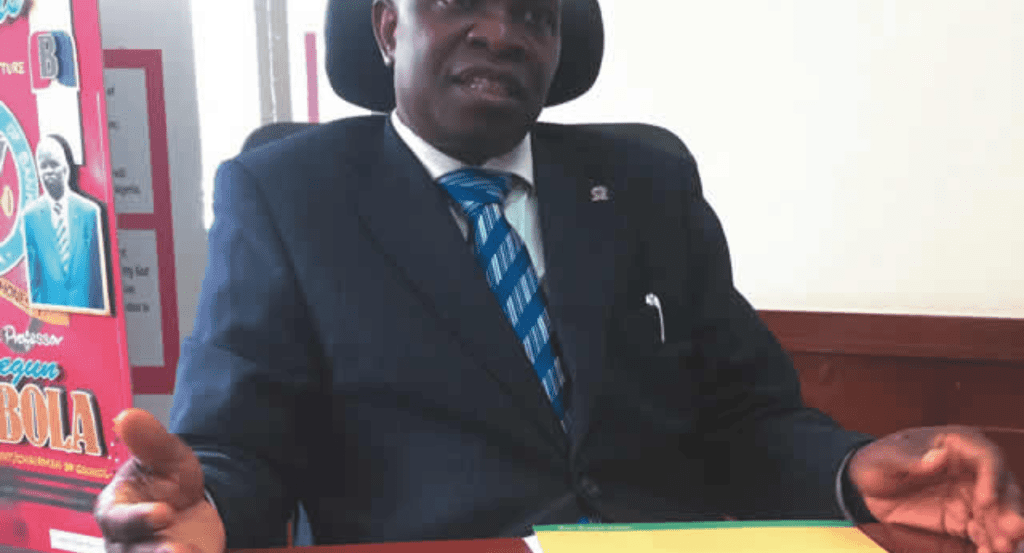Inflation Drops, but Prices Remain High
Nigeria’s inflation rate has declined for two consecutive years, yet the prices of goods and services remain stubbornly high. According to Prof. Segun Ajibola, a renowned economist and former president of the Chartered Institute of Bankers, the effects of lower inflation take time to reflect in everyday prices.
Speaking to DAILY POST on Monday, Ajibola analyzed February’s inflation data, released by the National Bureau of Statistics (NBS). The report showed that:
- Headline inflation fell to 23.18%
- Food inflation dropped to 23.51%
These figures indicate a marginal reduction in inflationary pressure, but Ajibola warns that the real impact will take time to be felt.
READ ALSO: Nigeria to Lead $43 Billion Oil & Gas Investments in 2025 – Report
Why Are Prices Still High?
Prof. Ajibola attributes the slow price adjustment to the cost-push nature of Nigeria’s inflation. He explained that:
“Prices are sticky downward. Once they go up, they are slow to come down. If they do at all, it takes time.”
While the cost of energy, especially fuel, declined in February, it only had a minor effect on food prices, manufactured goods, and transportation fares.
He also criticized Nigeria’s monetary policies, stating that they have failed to address inflation effectively due to a disconnect between monetary tools and the real market.
Government Must Do More on Fiscal Policies
Ajibola urged all levels of government to intensify efforts in tackling inflation from the fiscal side. He emphasized that monetary policy alone cannot solve the problem, especially with the monetary policy rate (MPR) at 27.50%.
“The monetary solutions, such as continued increases in the monetary policy rate, offer no prospect for taming the monster.”
Instead, he called for stronger fiscal measures to combat the structural issues fueling inflation.
The Way Forward
As Nigeria grapples with high living costs, experts believe that:
- Energy costs must be stabilized to lower production and transportation expenses.
- Fiscal policies should complement monetary efforts to ensure long-term inflation control.
- Patience is required, as inflation reduction takes time to influence consumer prices.
While inflation figures show signs of improvement, real economic relief for Nigerians may take longer to materialize.




















